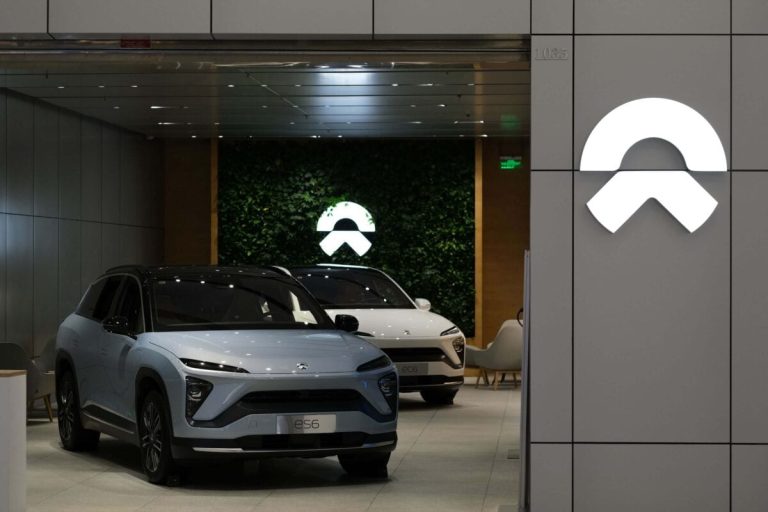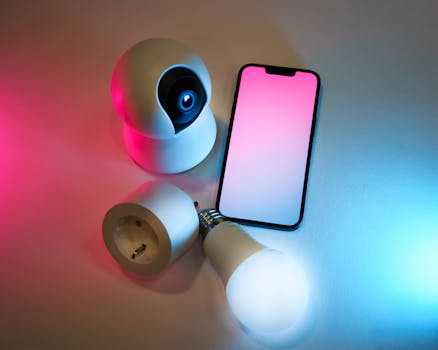
Introduction to Home Automation
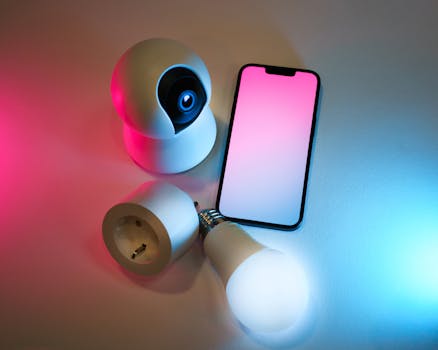
In 2025, the concept of home automation has evolved into an integral part of daily living. Home automation incorporates intelligent systems that can control essential amenities such as lighting, climate, security, and entertainment through interconnected devices. This capability not only enhances convenience but also contributes to energy efficiency and increased home security.
The Interconnected Smart Home Ecosystem
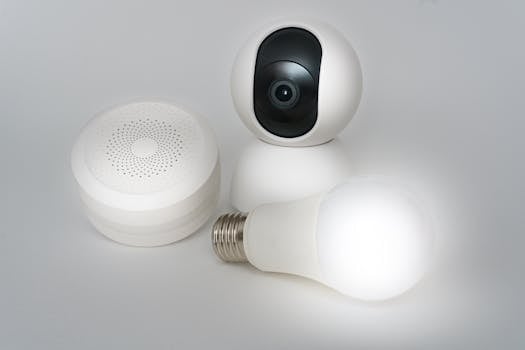
The backbone of effective home automation truly lies in its interoperability. In 2025, homeowners are increasingly adopting IoT (Internet of Things) devices, which streamline communication among a myriad of gadgets. From smart thermostats that learn individual preferences to smart fridges that manage grocery inventories, interconnected systems create a holistic environment enhancing homeowner comfort and control. Products by different manufacturers, supported by standards like Matter, ensure smooth integration.
Energy Efficiency and Sustainability
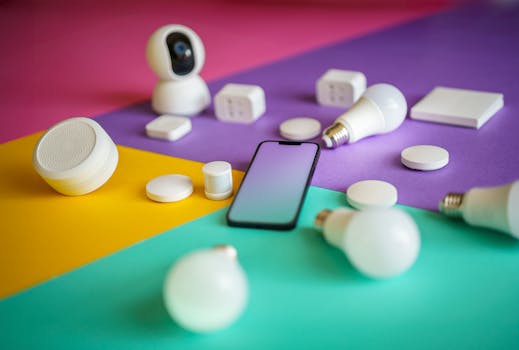
One of the primary benefits of home automation is significant energy savings. With advanced algorithms, smart home devices actively monitor usage patterns and adjust their operations accordingly. For example, smart lighting systems can turn off lights in unoccupied rooms, while smart thermostats optimize heating and cooling based on occupancy and daily schedules. According to recent studies, these investments can slash energy consumption by up to 30%, making 2025 the year of not just intelligent living but sustainable living.
Enhanced Security Features

Home security has transformed dramatically owing to advancements in home automation technologies. In 2025, smart homes are fortified with features such as facial recognition doorbells, motion sensor alarms, and real-time video surveillance accessible via smartphones. New encryption intelligence ensures that these systems protect against hacking data breaches, providing peace of mind at unprecedented levels. Homeowners can now leave for extended periods knowing that their environment is wholly managed in their absence.
The Future Looks Bright

As we move further into 2025, the innovations in home automation highlight that the complexity governs simplistic solutions in our living spaces. Regular updates and integrations are fine-tuning the smart home ecosystem, appealing to a market that values ease, security, and sustainability. Empowering homeowners with the ability to manage energy consumption, security protocols, and comfort levels emphasizes the tripartite benefit of smart home technology: holistic living, energy efficiency, and peace of mind.


